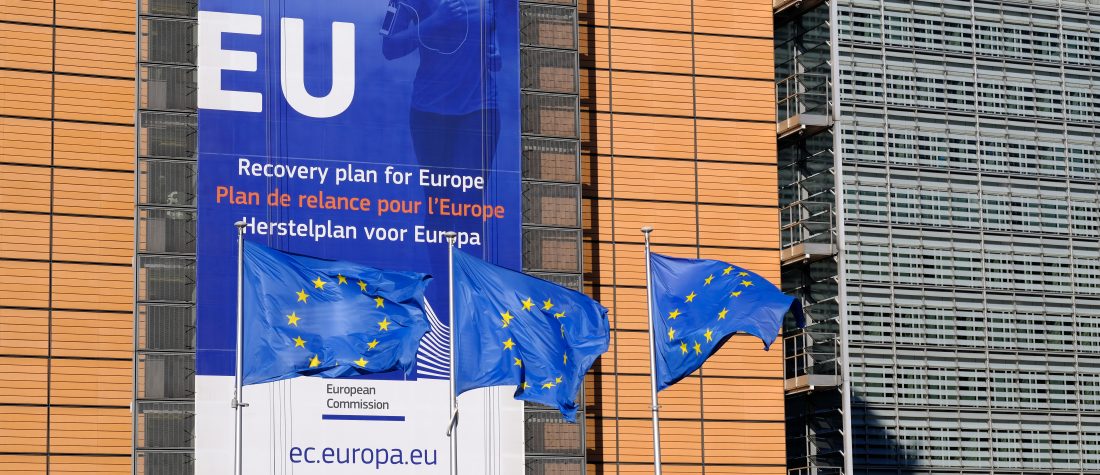The Liberal Conservative and Reformer Party in Germany may not be polling more than 1% in the opinion polls at the moment, yet it is currently having more of an impact on EU Policy than even the mighty Christian Democrat Party of Angela Merkel. The small party, founded in 2016 by former members of the now far-right Alternative for Germany Party, has found itself at the centre of an enormous legal row because of its leader Bernd Lucke.
Mr Lucke, who served as Member of the European Parliament from 2014-19, has brought forward a case against the European Union’s proposed Coronavirus Recovery Fund. He, and over 2,000 other co-signatories, claim that the €750 billion fund is illegal as it contravenes European Union law.
His main argument is that the Recovery Fund isn’t all that it is claimed to be, and that it in fact acts as a means of pooling debt liability. In other words, it’s a Eurobond – a financial instrument that Germany rejected during the Eurozone crisis.
The case being brought forward by Mr Lucke could delay the roll out of the Coronavirus Recovery Fund for months, if the Constitutional Court decides to proceed with the case. They have already sent an official note to the German President blocking ratification of the treaty – which prevents Germany from giving permission to the EU to carry it forward.
The last hope of the European Union on the issue is that the German Constitutional Court simply decides not to hear the case and throws it out. However, those bringing it forward have stated that there is enough of a legal case in the European Treaties to halt the measures entirely.
Mr Lucke has form when it comes to opposing EU level financial programmes. In 2013 he founded the Alternative for Germany (AFD) party as political movement opposed to the Eurozone, and the constant transfers of money from Northern Europe to bailout the south. He, and several other co-founders were elected to the European Parliament in 2014, joining the conservative bloc in parliament.
The initial success of the AfD was in opposing the bailout packages, and in putting pressure on the German government to end the transfer regime and oppose the proposed Eurobond system. However, Mr Lucke and his colleagues ended up leaving the AfD in 2016 after the party was hijacked by the far-right. A rump of the members went on to form the Liberal Conservative and Reformer Party (LKR) which has since struggled to gain much traction. It has however managed to attract defectors over the years – and currently has two members of the German Bundestag.
The court case has provided a major headache for the EU, as it comes on the back of struggles to deliver enough vaccines to the Union and a crisis in confidence in the leadership of the European Commission. The hope in Brussels was that the multi-billion Euro giveaway would be enough to smooth over tensions with the Member States.


